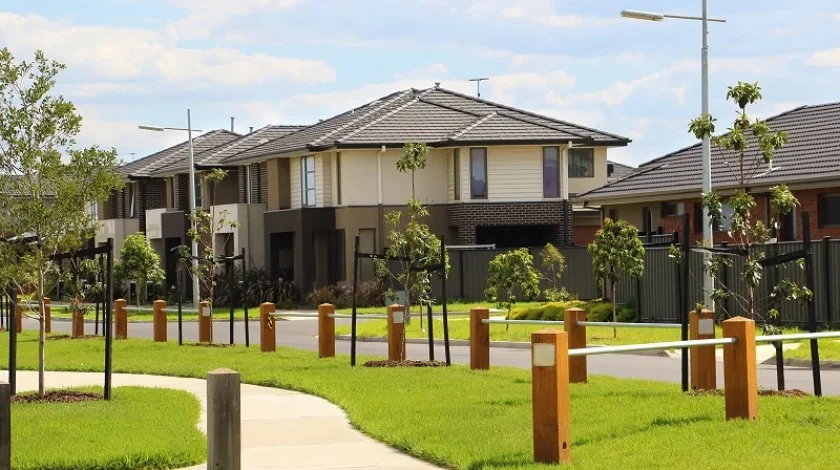In recent days, the Reserve Bank of Australia (RBA) has warned that the Banking Royal Commission may drive down house prices, tighten lenders’ lending capacity and investors’ borrowing capacity. In light of this, it is important to understand how tightened lending and a surge of low housing prices can affect you, your property and any future investments.
Implications:
The RBA has warned that the Royal Commission could significantly reduce the amount of money Australians can borrow. Current claims have found that lenders will continue to intensify lending standards by increasing the scrutiny of applicants’ income and expenses. A recent statement by the Bank’s Deputy Governor Guy Debelle stated that the Royal Commission may have its “largest effect on the amount of funds an individual household can borrow, more than the effect on the number of households that are eligible for a loan”.
The Royal Commission will increase the banks’ risk awareness and as a result re-balance the amount of loans made compared to consumers’ potential earning and debt repayment. The tightening of lending restrictions has already become evident in banks such as ME Bank, who have recently raised rates for existing property borrowers by up to 16 basis points in response to rising funding and compliance cost.
These tightened restrictions will increase the number of banks rejecting more consumers applying for loans and offer less in the future. This could result in difficulties or even a decline of home loan applications, which consequently could limit a buyers’ ability to build a portfolio within the property market. First time home buyers and struggling investors will particularly be affected by the lending restrictions. However, comparatively financially stable buyers who have no concerns regarding borrowing capacity and service ability could now be in a strong position to negotiate, upgrade, invest or buy.
The tightened restriction on mortgage lending has the possibility to drive down property prices. This is due to the fact that home buyers will have less ammunition available when bidding for real estate which will eventually diminish house prices. As a consequence, this can have a major impact on Australians who wish to sell or refinance as they are now at risk of receiving a lower price for their property than expected. State Treasury of WA have highlighted the risk that this can have on the market stating that “Any potential tightening of residential lending criteria or any further regulations imposed…could weaken demand in the property sector”.
It has also been noted that areas particularly with low economic and population growth, may suffer additionally an increased exposure to price correction. However, in contrast a lower price environment could be advantageous as they may invest less money to buy a better property.
If you have a query relating to any of the above information, or would like to speak with one of our Commercial Property lawyers, please don’t hesitate to get in touch with:













